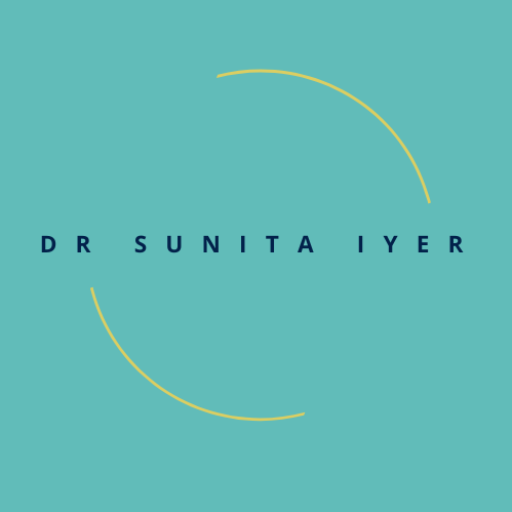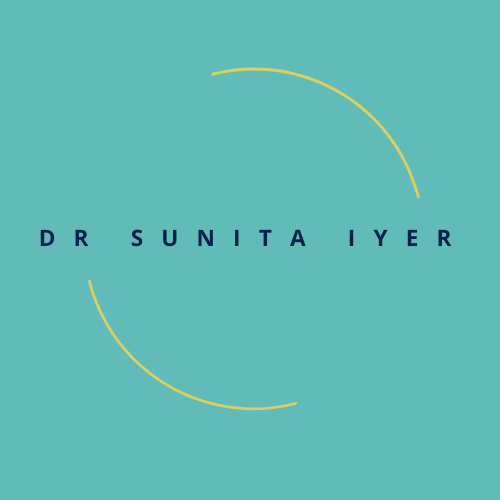If you have been following along for a little while, you know that one of the things I have been ruminating and writing about is loss. We all know it in some way. And we will certainly know more. To live is to love, and also to lose.
It’s not uncommon for us to ‘rank’ loss. Which kind of loss is worse, changes us more deeply, is more worthy of grieving, or warrants talking about at all. Is the loss of an aging parent worthy of years of sadness? Can you be devastated by the way divorce changes your life? Are you allowed to grieve a welcome change like the birth of your healthy and living child?
A friend shared this article written by Camille Hawkins LCSW: Miscarriage or Stillbirth: Which Is Harder? It is a powerfully written perspective on just this thing: attempting to rank our grief. She shares some interesting insights into why some griefs may be shrouded in darkness, and why some may feel more survivable.
Reading this article allowed me to realize that one element of my storytelling has not surfaced, yet. I have waded through the grieving process, felt its depth, and received its tangible gifts. But what still lurks is: are the losses I (and our family) have experienced these past few years worthy of this much grief? And when should this story end?

Another thread that I have been grasping at for some time in my clinical work is shaping postpartum depression as a grief process. Not just that grief can be normal after birth, but that the true baseline IS grief. Postpartum wouldn’t just be worthy of grief, it would BE grief. Perhaps we could surround, hold, and integrate our grieving loved ones as if they had suffered loss.
Witness that they had suffered loss.
What would we do differently? When would we feel as if that story should end?
#neverendingstory #griefworkislifework #griefworkismywork
_____________________________________
For more thoughts and storytelling, check out my Muse-letter. You can join the conversation by subscribing here



